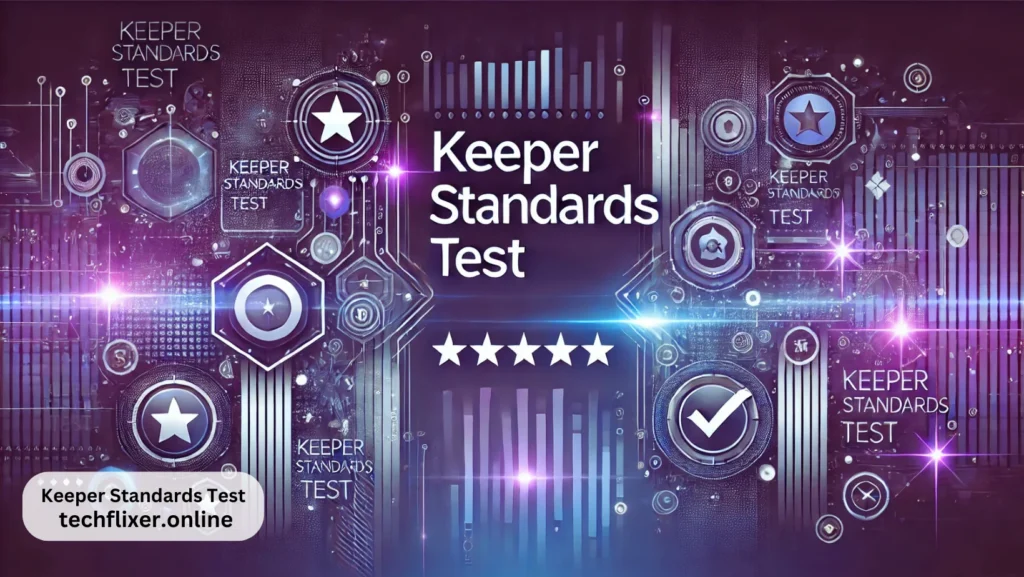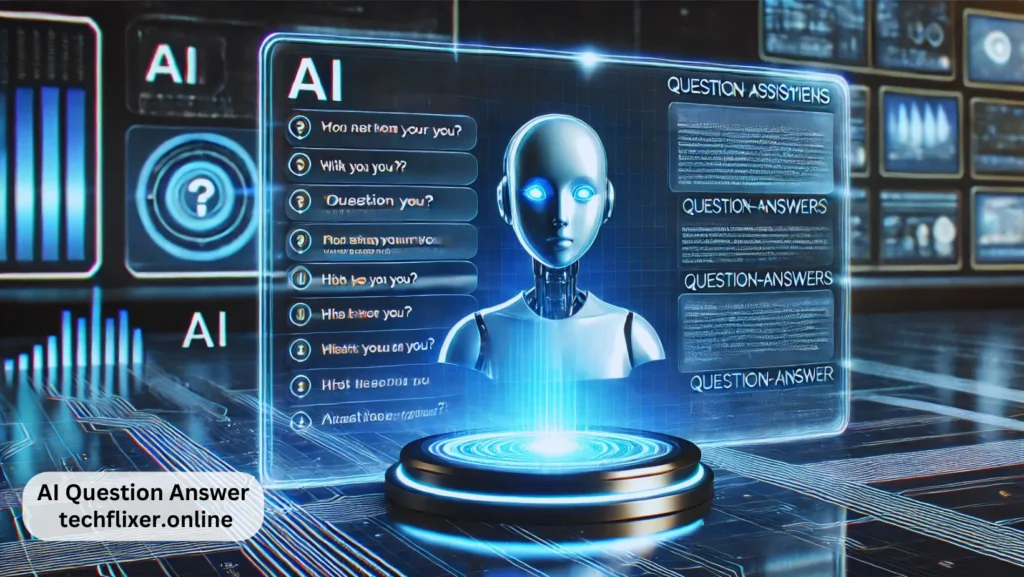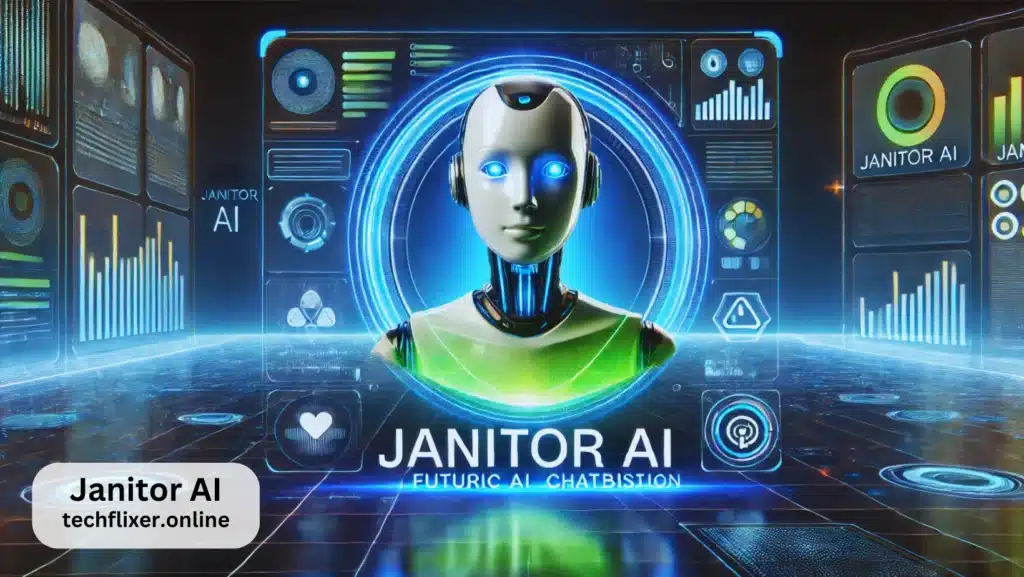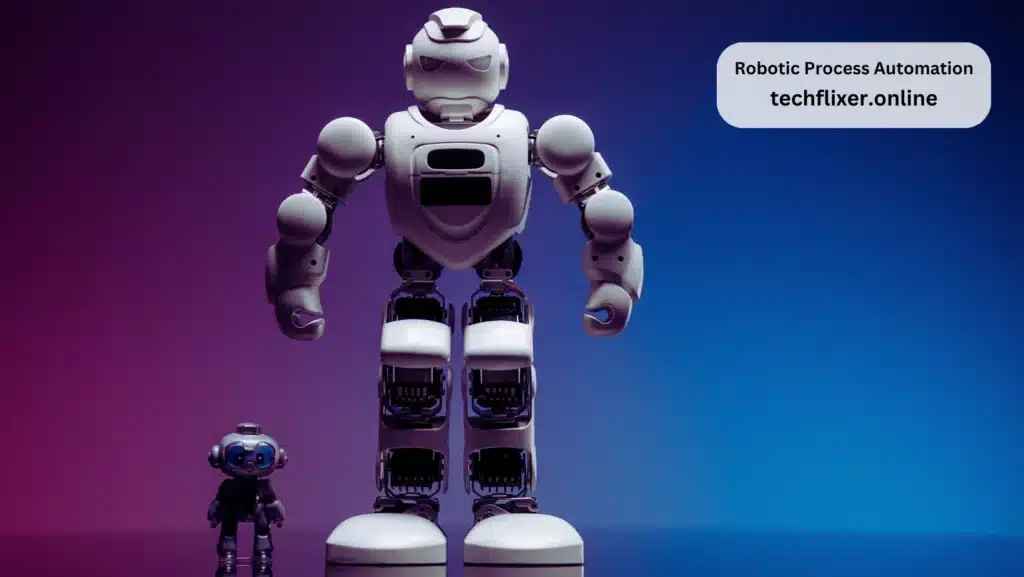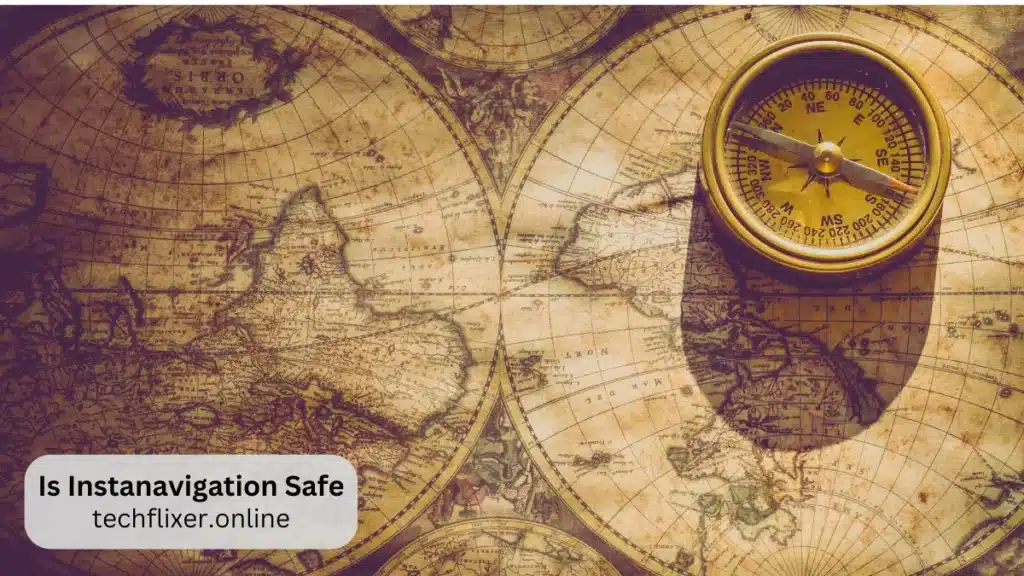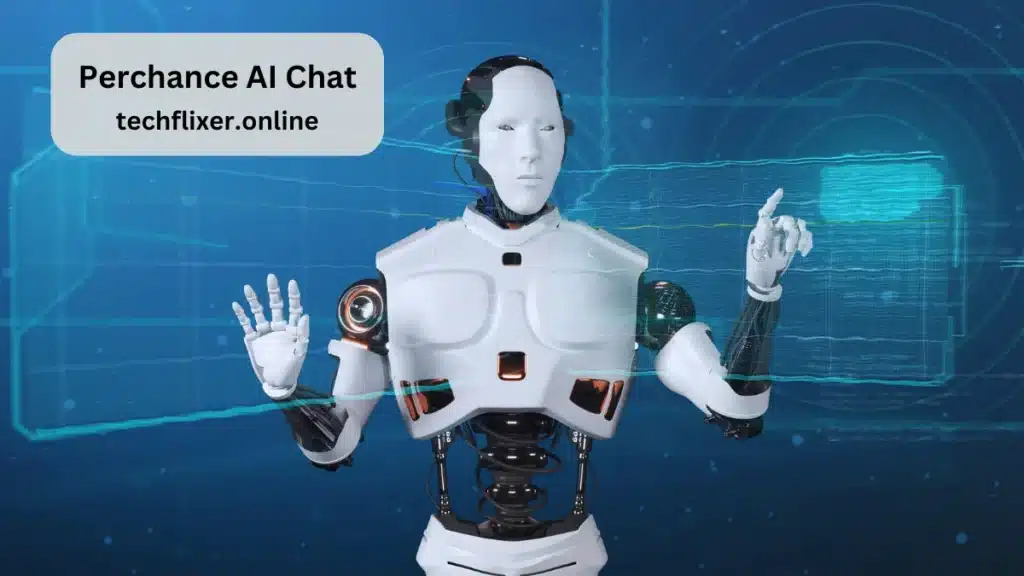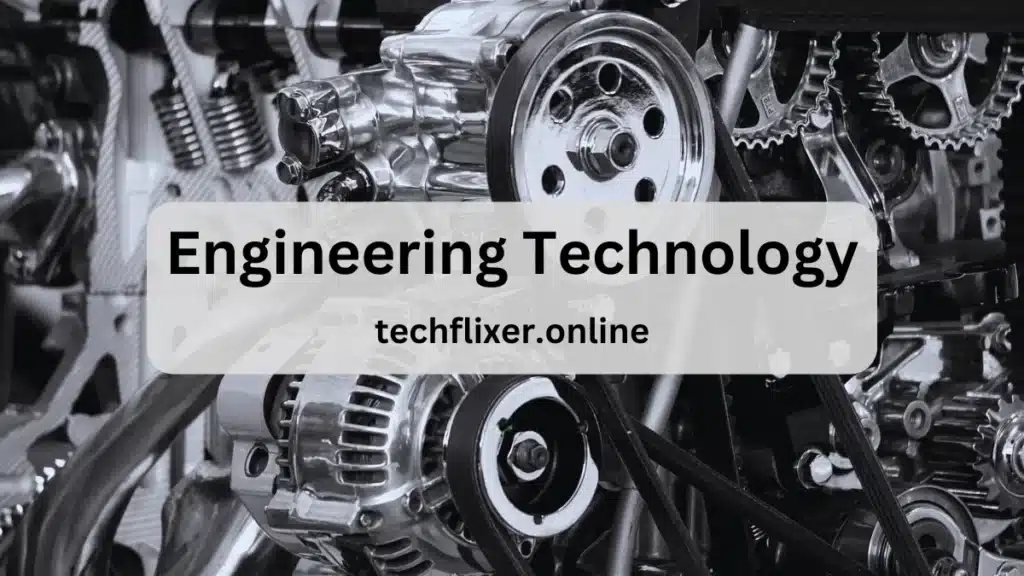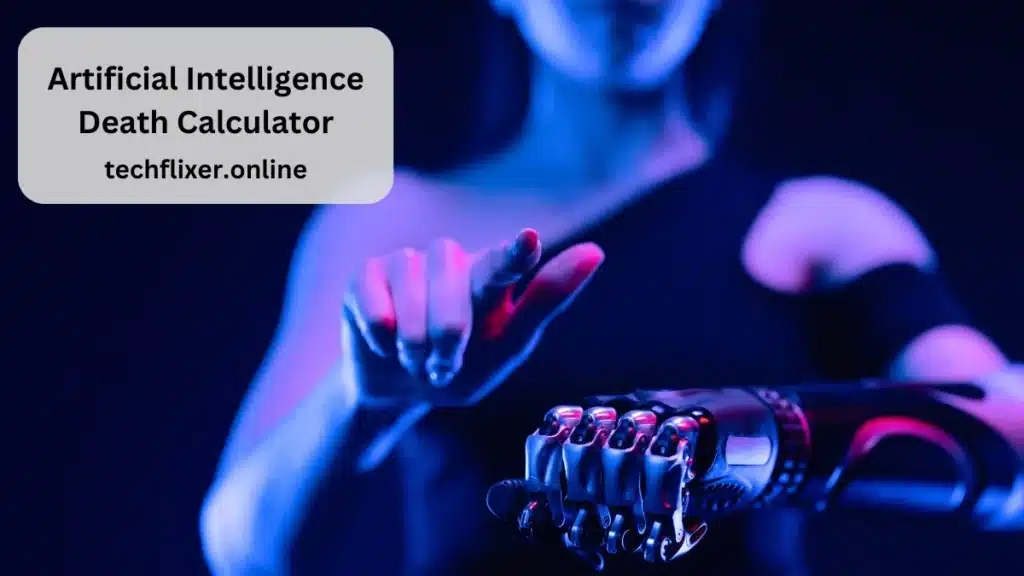Artificial Intelligence Death Calculator – You Need to Know

Artificial Intelligence Death Calculator
Artificial Intelligence Death Calculator has become a transformative tool across various fields, including healthcare, finance, and technology. Among its many applications, the AI Death Calculator is a concept that has garnered significant attention.
The AI Death Calculator uses advanced algorithms to predict a person’s potential lifespan based on data inputs such as age, health conditions, lifestyle choices, and environmental factors. While it raises eyebrows due to its sensitive nature, it is a technological innovation with potential benefits and challenges.
What is an AI Death Calculator?
An AI Death Calculator is a predictive tool that utilizes artificial intelligence to estimate life expectancy. It collects data from various sources, including medical records, personal habits, and environmental conditions, to calculate the probability of an individual’s lifespan.
How does it Work?
- Data Collection – Gathers information about the user, such as age, gender, health history, and lifestyle.
- AI Algorithm Processing – Analyzes the data using machine learning models trained on vast datasets.
- Prediction Generation – Provides an estimated age of death or a lifespan range.
Applications of the Artificial Intelligence Death Calculator
Though controversial, the AI Death Calculator has several practical applications:
Healthcare Optimization
By identifying risk factors, it helps doctors develop personalized treatment plans.
Financial Planning
Insurance companies use similar models to assess policyholder risks and calculate premiums.
Awareness of Lifestyle Choices
It can motivate individuals to adopt healthier habits by showing the impact of smoking, diet, or lack of exercise.
Ethical Concerns Surrounding the Artificial Intelligence Death Calculator
The AI Death Calculator raises critical ethical questions:
Accuracy and Reliability
The predictions are only as good as the data provided. Inaccurate or incomplete data could lead to flawed estimates.
Psychological Impact
Knowing a predicted lifespan might cause stress, anxiety, or even fatalistic behavior.
Privacy and Data Security
Handling sensitive personal data raises concerns about potential misuse or breaches.
Morality of Prediction
Some argue that attempting to predict death infringes upon moral and philosophical boundaries, as life’s unpredictability is a core human experience.
The Science Behind Artificial Intelligence Death Calculators
AI death calculators rely on machine learning, a subset of artificial intelligence, which learns patterns from data. For example:
- Health Data – Chronic diseases like diabetes, heart conditions, and cancer significantly influence predictions.
- Lifestyle Data – Factors like exercise, smoking, and alcohol consumption are also considered.
- Environmental Data – Pollution levels, access to healthcare, and socioeconomic status can impact life expectancy.
Advanced AI models like neural networks and decision trees process this data to generate predictions.
Benefits of AI in Life Expectancy Prediction
Despite its ethical challenges, the AI Death Calculator offers numerous advantages:
Enhanced Preventative Care
By identifying potential health risks, individuals can take preventative measures early.
Improved Medical Research
Data from these tools can contribute to studies on aging and diseases.
Informed Decision-Making
People can make better financial and lifestyle decisions with realistic projections.
Societal Insights
Governments and organizations can use aggregated data to design public health policies.
Challenges in Developing Artificial Intelligence Death Calculators
Data Quality
The accuracy of predictions depends heavily on the quality and breadth of the data used.
Bias in AI Models
If the training data contains biases (e.g., race, gender), the predictions may perpetuate these inequalities.
Ethical Dilemmas
Striking a balance between innovation and morality remains a significant challenge.
Accessibility
Not everyone has access to the technology required to use AI death calculators, potentially widening health disparities.
Public Perception of Artificial Intelligence Death Calculators
The reception to AI death calculators is mixed. Some view them as useful tools for self-awareness and planning, while others are skeptical due to privacy concerns and ethical implications.
Educational efforts are essential to help the public understand the technology’s purpose and limitations, fostering acceptance and trust.
The Future of Artificial Intelligence Death Calculators
The field of AI is rapidly evolving, and future versions of death calculators may become more sophisticated, integrating real-time data from wearable devices and genetic testing.
- Real-Time Monitoring – AI could track health parameters continuously to provide dynamic lifespan predictions.
- Genetic Insights – Integration with genomics may offer more precise and personalized predictions.
- Global Reach – Efforts to make this technology accessible globally could enhance its societal impact.
Conclusion
The Artificial Intelligence Death Calculator is a fascinating yet controversial application of AI. It holds promise for healthcare and personal planning but also raises ethical and psychological concerns.
As technology continues to advance, it is crucial to address these challenges responsibly, ensuring that AI serves humanity in meaningful and ethical ways. Whether you view it as a tool for empowerment or a moral quandary, the AI Death Calculator symbolizes the intersection of technology, science, and human curiosity. Try Tech Flixer Online for more info.
FAQs
What is an Artificial Intelligence Death Calculator?
An Artificial Intelligence Death Calculator is a tool that uses AI algorithms to estimate a person’s life expectancy based on factors like health, lifestyle, and environment. It analyzes data to provide predictions, helping individuals understand potential risk factors.
Which science combines technology and engineering in death calculators?
The combination of artificial intelligence, data science, and biomedical engineering drives the development of death calculators. These fields collaborate to analyze complex datasets and predict life expectancy accurately.
A person working in the AI death calculator field would most likely?
Such a person might be a data scientist, AI specialist, or healthcare professional. Their work involves designing algorithms, analyzing health data, and ensuring the ethical use of predictions.
Why do you need to learn about AI death calculators?
Understanding AI death calculators helps individuals make informed decisions about health, lifestyle, and financial planning. It also sheds light on the potential benefits and limitations of predictive technologies.
Is using an AI death calculator a good idea?
Using an AI death calculator can be beneficial for awareness and planning, but it’s essential to approach it with caution. Predictions are estimates, not certainties, and should be used as guidance rather than absolute truth.
Read More!
